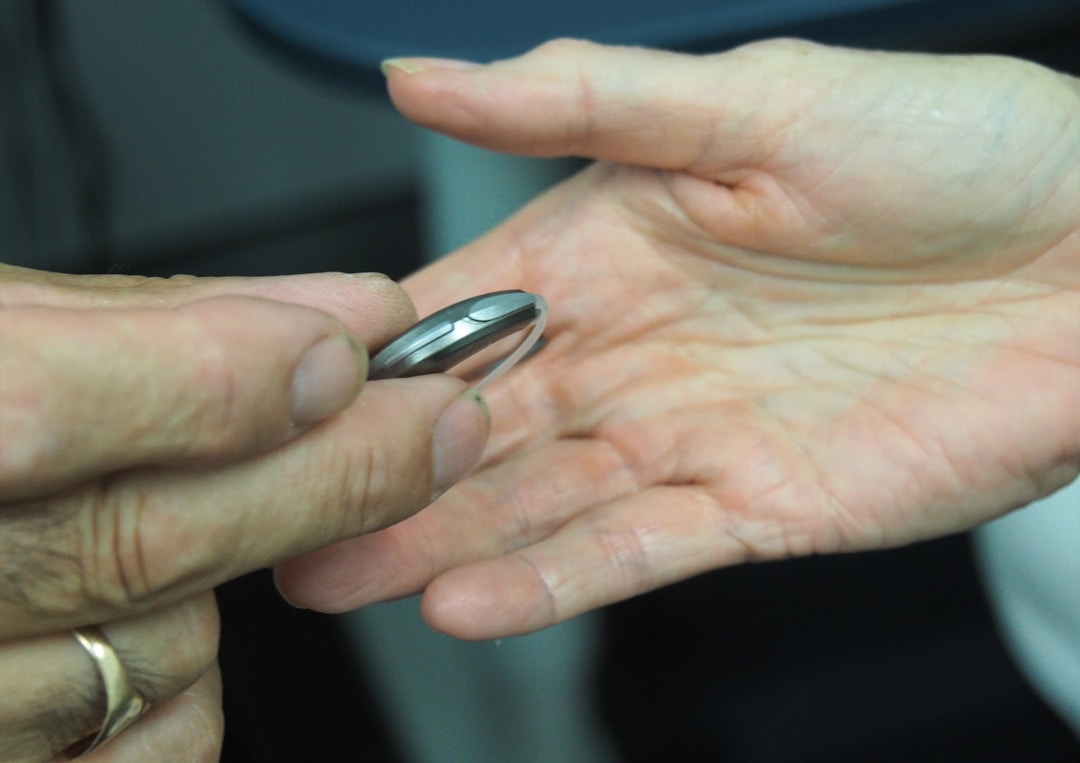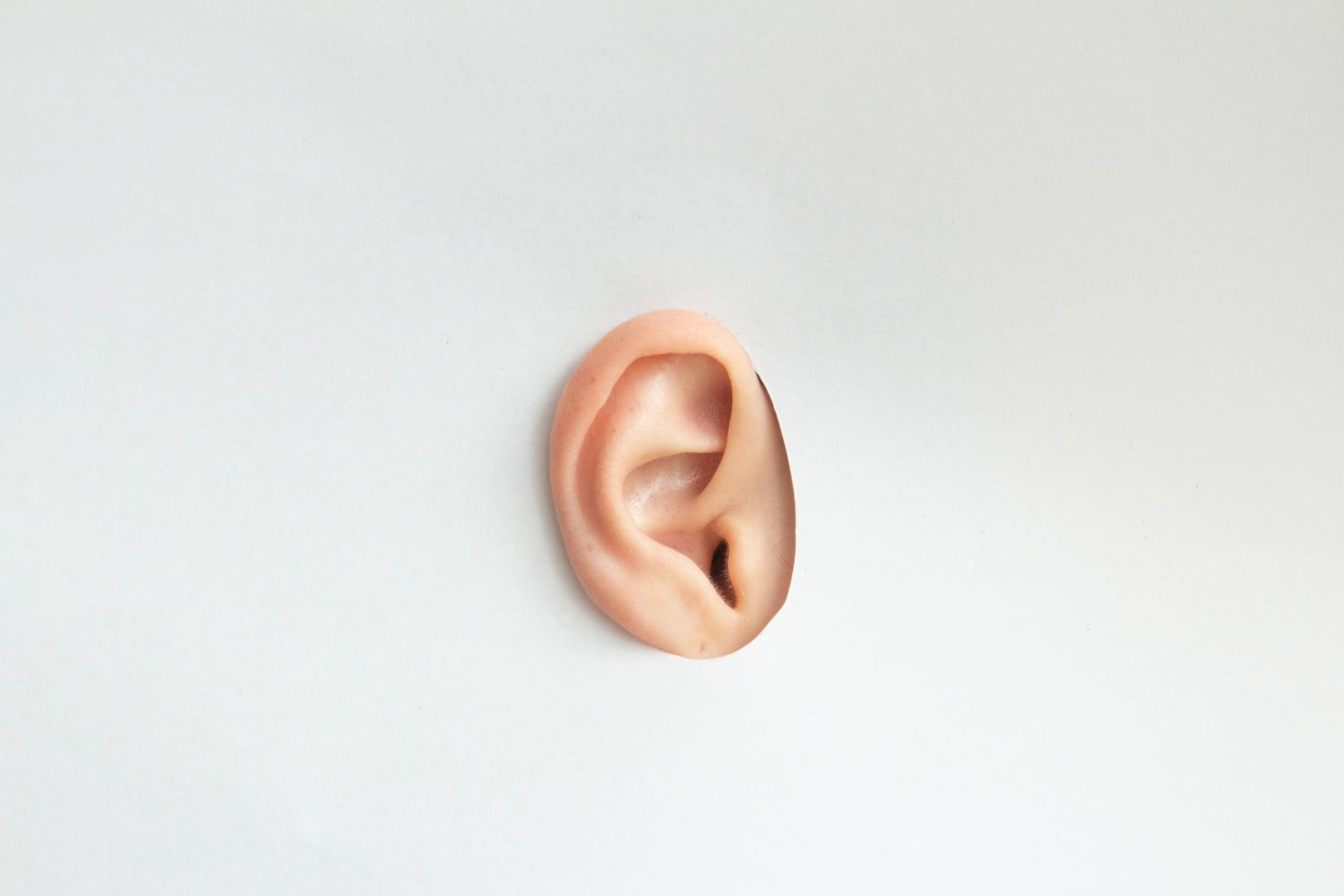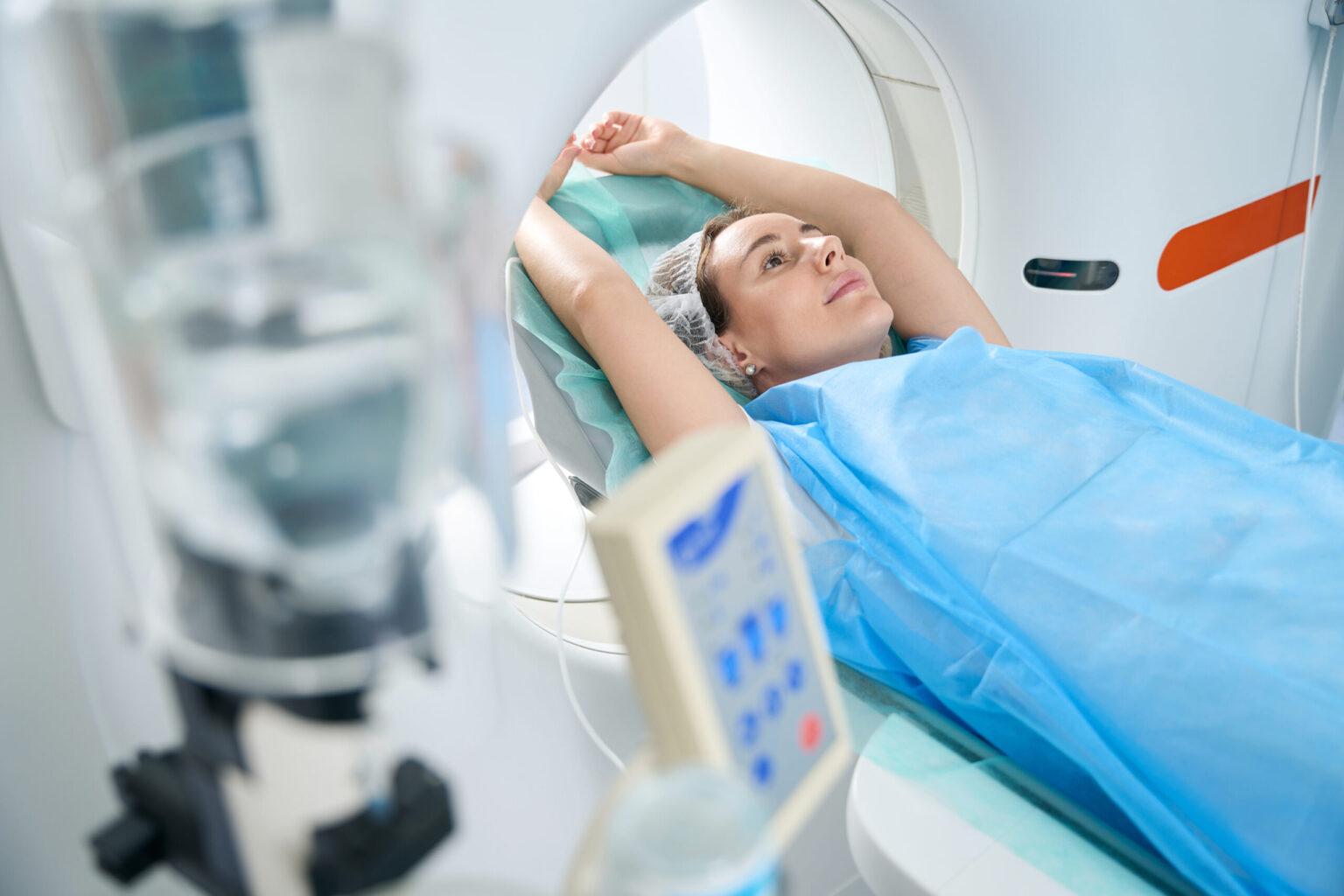The world around us is full of sounds—the crackle of a fire in a fireplace, music playing in your earbuds, a child laughing a nearby swing-set—and most of them are enjoyable. Unfortunately, sometimes we experience sounds that aren’t enjoyable, like a sudden bang in a car crash or the incessant noise of factory equipment at our workplace. These less pleasant noises can lead to even worse sounds, and those are actually coming from inside your own head.
Tinnitus is a condition that impacts someone’s hearing, and anyone who’s been diagnosed with tinnitus knows how completely maddening it can be. A humming, buzzing, or ringing in your ears plagues you at all hours of the day, keeping you up at night and distracting you from work when you’re trying to focus. Tinnitus can keep you from enjoying your daily life and can even cause symptoms of anxiety, depression, nausea, or headaches in extreme, prolonged cases. Nevertheless, it doesn’t have to be so bad. Tinnitus can be managed as well, with access to the right medical information and treatments. If you’ve been diagnosed with tinnitus and aren’t sure what your next steps should be, read on.
Hearing aids can help a lot, and they don’t have to cost a fortune.

You may think that hearing aids are only for those who have hearing loss, but that’s not true. Hearing aid technology has actually come a long way in the past few years and looks completely different than it once did. No more bulky eyesores that make the wearer self-conscious. These days, hearing aids can be so sleek that no one but the wearer needs knows that they’re even there.
Hearing aids also come with more than just amplification capabilities. Some can provide the wearer with white noise. Others can target certain frequencies to drown out background noise in a boisterous environment, and still, others can play pre-loaded music directly into the wearer’s ear. Smart hearing aids can even be managed through a smartphone app.
Of course, hearing aids are also pricey (some models run to many thousands of dollars per device!), which is why many people look for coupon discounts and other money-saving options. For example, USARx is an official website that offers users discounts on prescription medications and medical devices, whether you’re looking for a capsule to treat inflammation or something for nausea, dizziness, and headaches that are tell-tale side effects of tinnitus. If you have a chronic medical condition such as tinnitus, it’s worth checking out the USARx official website and seeing if you, as a USARx cardholder, could be saving money on everything from hearing aids to medical treatment for dizziness.
Consider trying supplements for additional relief.

There seems to be a supplement for everything these days, and there’s a good reason for that. As the medical community opens up more to the benefits of alternative medicine and information about alternative medical treatments is spread far and wide by the internet, people are becoming more interested in what supplements may be able to do for their medical conditions.
If you have tinnitus, you should know that there’s a supplement out there for you as well. Tinnitus 911 is a supplement made of all-natural ingredients (like hibiscus, hawthorn berry, and buchu leaves) that can help with the effects of humming, buzzing, clicking or ringing that goes along with suffering from tinnitus. While Tinnitus 911 is a very safe tinnitus supplement, you should always get medical advice before taking a supplement, as you need to know how it may interact with other medications you may be taking.
While the cause of tinnitus is unknown, that doesn’t mean that you have to spend your days suffering from tinnitus symptoms that won’t quit. Look into price comparisons on hearing aids and medication for headaches, migraines, and nausea, and be sure to find out about supplements and other natural ingredients that may dispel some of your tinnitus.

